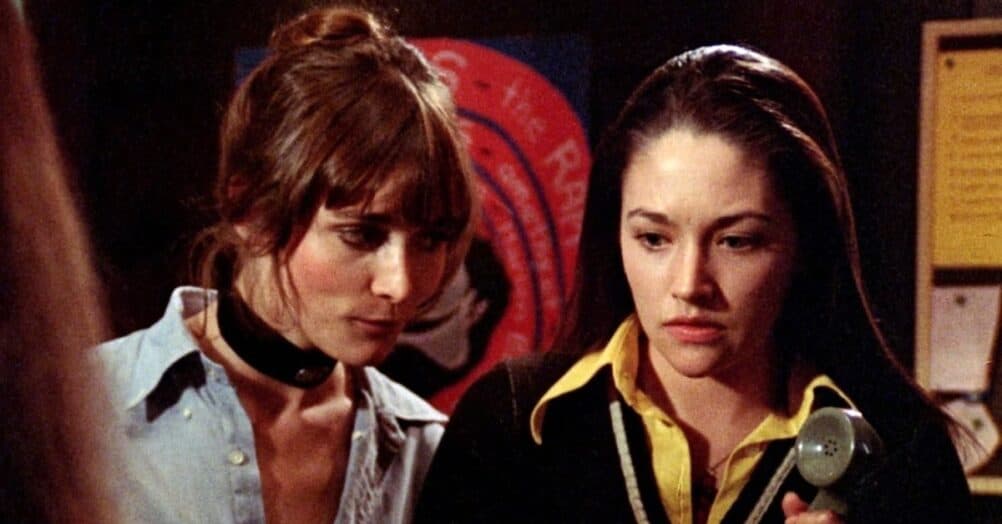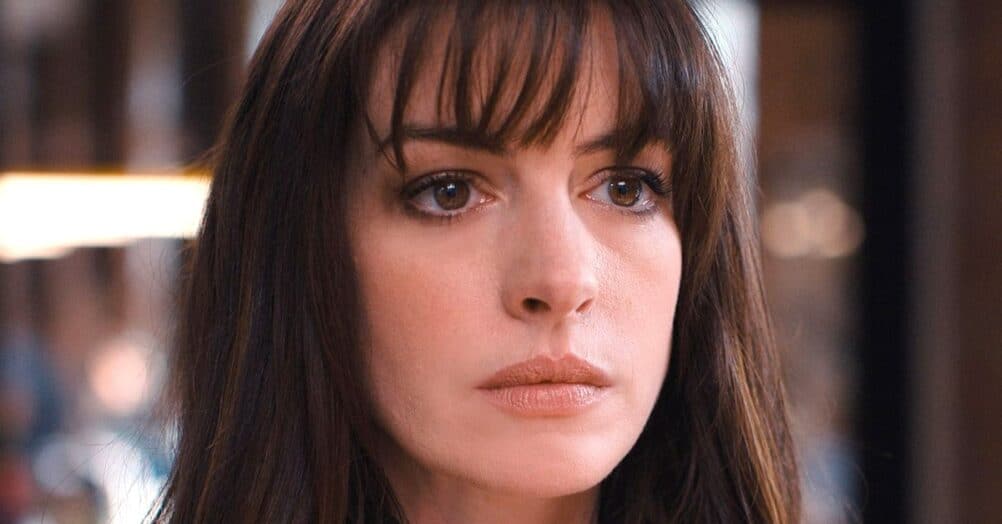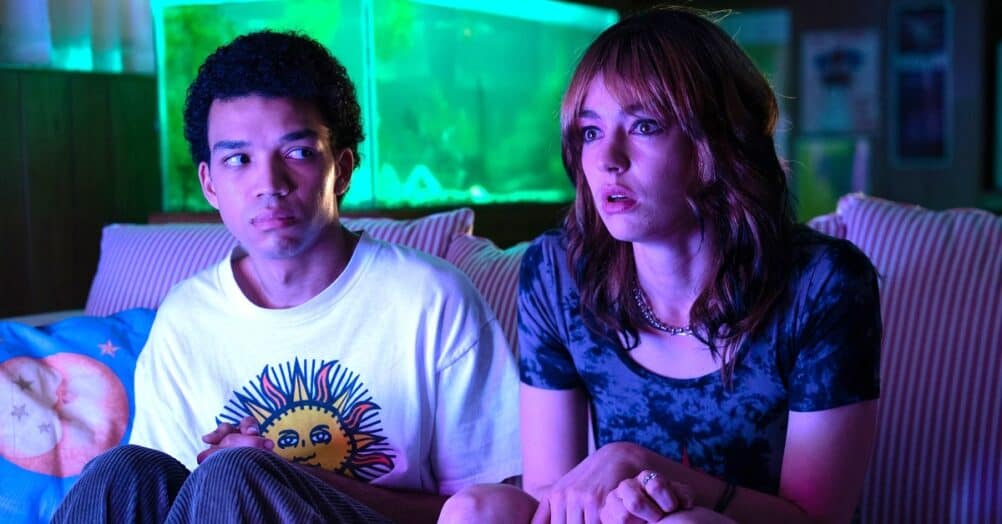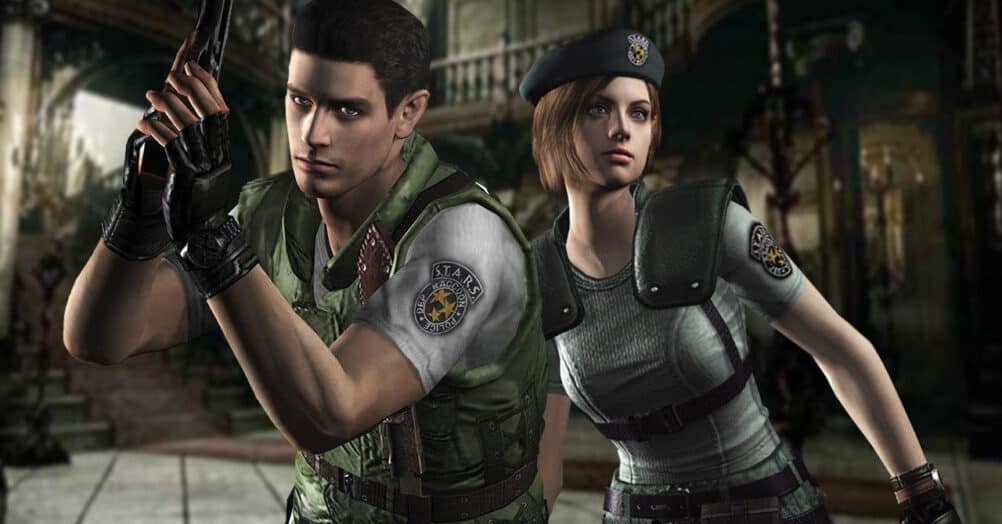Last Updated on August 2, 2021

David S. Goyer has certainly had an impressive career. From his work on Christopher Nolan’s BATMAN trilogy to MAN OF STEEL, he continues to be a major force in the DC Cinematic Universe. Yet the writer/producer/director enjoys more than just walking with superheroes. He also has a clear love for a little horror, this includes his latest producing effort, THE FOREST. This telling of an unfortunate young woman who finds herself lost in what is referred to as The Suicide Forest in Japan is a thriller that finds itself somewhere between the supernatural and the psychological.
Recently we had the pleasure of chatting with David about what drove him into THE FOREST. He talked about the casting of the lovely Natalie Dormer, and his introduction to this very real and powerful place. During our discussion, he also talked about writing for DC and the constant forum conversations going on to his own take on the fan frenzy that happens, especially when it comes to BATMAN V SUPERMAN: DAWN OF JUSTICE. Until we finally see what happens when the MAN OF STEEL faces off against SUPERMAN, you can check out what Mr. Goyer has going on deep in the THE FOREST, opening at a theatre near you on January 8, 2016.

While there are “supernatural” elements to THE FOREST, this seems to be more of a character story in many ways. Was that part of the appeal for you as opposed to just taking on a ghost story per say?
The intent was to try and make a slightly more classy, elevated supernatural thriller. Then you can kind of blur the line between supernatural thriller and psychological thriller. Really the intent was to make a Roman Polanski film. Basically [Laughing].
There you go.
It was ROSEMARY’S BABY. It was THE TENANT. Or it was to make a Dario Argento film. Something like that. Or DON’T LOOK NOW. Those were the movies that we were looking to and I think it does have that Seventies vibe to it. One of the things that I like about those films is that they have their own dream like logic and the rules aren’t neatly laid out. I love the way that DON’T LOOK NOW ends. Most of them don’t have happy endings. I don’t want to give away too much but I’m not sure that this film does [have a happy ending], you know, for your readers. And I think for me at least, one of the allures of THE FOREST and Japanese folklore is that it feels – as opposed to THE EXORCIST which is a great film in its own right – like something “other.” It doesn’t come from traditional Judeo-Christian mythology so there is not an unconscious understanding of what the “rules” are. The Yūrei don’t have the equivalent of garlic or silver bullets or things like that. There is no easy way to defeat them. And you can’t really negotiate with them, and I think that is probably a hallmark of that kind of Seventies films. There are two films that came out this past year, THE BABADOOK and IT FOLLOWS that I think lean in that direction as well. And those are certainly my two most favorite horror/supernatural films probably in the last decade.
THE BABADOOK is so effective, especially if you are a parent. It’s a bit heartbreaking.
Yeah, and that is what is great about it, in particular THE BABADOOK – and we were going for it with THE FOREST. I think Natalie [Dormer] gave an incredible performance. And Essie Davis gives a killer performance in THE BABADOOK. And the drama is real. From the score to the photography in our film, we were trying to be elevated.

When were you first introduced to The Suicide Forest on which the film is based?
So I know exactly when it was. It was summer, I wanna say about four years ago. It was when I was writing MAN OF STEEL. I was in the middle of that script and you know, while you are writing these days, you sort of do a lot of internet research – at some point I need to try and track back the six degrees of separation that led me to The Suicide Forest. So I was looking for something for MAN OF STEEL and that led to something else, and that led to something else, and I kept clicking and I saw a Wikipedia article for The Suicide Forest. I’ve read and seen a lot of horror and I had never heard of it. I couldn’t believe that I had never heard of it. And then I REALLY couldn’t believe that nobody had ever made a film about it, particularly all these Japanese filmmakers. And I thought, my God, somebody has to make a movie about it. So I talked to David Linde who I had done a film with at Universal, who is now running Lava Bear, and he loved the idea so we were off and running. And then just before we started shooting, it turned out that Gus Van Sant was making another film about The Suicide Forest [Laughing]. No one had ever made a film about it and then suddenly we were in a race, and there were two Suicide Forest films. But fortunately ours is coming out first.
What brought you to Natalie and how quickly did you know she was the right actress for the role?
It doesn’t always happen this way, but we knew we needed someone who was first of all an actress that could play more than one role. We needed someone who could be likable, but also mentally unstable. She is in 98% of the film, so she’s gotta be a really good actress, because there is a lot of running around and emoting. We drew up a short list of actresses we wanted for the role, she was the first choice on the list, and we got her. Casting was the easiest process that I’ve ever been involved in for that movie. We were ready to go and cast, and three weeks later we had her.

Your career is certainly one that is has been genre fueled. You deal with the supernatural, superheroes, and that sort of thing. What are you most looking forward to taking on in the future?
I would say particularly in the last ten years – well it started with BLADE – so maybe sixteen or seventeen years ago. BLADE was the first time I wrote something which Michael De Luca gave me the freedom to just write what I wanted to write. I didn’t have a lot of bullshit development notes on that. And I was fortunate enough from the success of that to continue that with DARK CITY, because I had a good relationship with the people at New Line. And because of Chris Nolan at Warner Brothers, we did not have a lot of creative interference on the Batman films and MAN OF STEEL as well. Fortunately all of those were successful and I have more creative freedom than I did when I started.
BLADE was the first time I was writing what I wanted to write and not just trying to get a job, or write whatever. What I was able to do after MAN OF STEEL and BATMAN, Warner Brothers was very kind and they gave me a producing deal. And I said okay, I want to be entrepreneurial and I hired a producing partner who comes from the independent financing world. I wanted moving forward to develop as many projects as I could, but outside of the system. THE FOREST is the first one, but we have another one that is going to Sundance called THE BIRTH OF A NATION and then we’ve got four films that are going next year. They were all developed completely outside the studio system. Studios are going to release them but now I am in a place where I can sort of just do what I want to do. I don’t need to look for a job. And hopefully we can just listen to a few voices as opposed to a twenty-five person green light committee or something like that. I think that is the way a lot of mediocre movies get made.
Speaking of voices, you’ve dealt with the online crowd and fanboys on a regular basis. How do you deal with that and how does it affect you taking on projects like BATMAN V SUPERMAN: DAWN OF JUSTICE?
When I first started it affected me a lot. I’m friends with Damon Lindelof and Guillermo del Toro, and I think when we first started twelve or fourteen years ago, we would read a lot of the comments section. We all did. And they are so inordinately negative. But then you think, most people aren’t going to write positive things. It’s so funny when you read those and somebody says something positive, everyone then piles on that person and says they are a plant. So you can’t win [Laughing]. But then I’ve had the experience many, many times of having people taking shots at me online and then I’ve met them at conventions in person and they are totally nice. And you realize that they are taking shots because they can, because no one can respond. I don’t know, maybe six or eight years ago, I just stopped reading it. You think about that in terms of I’d like to believe that I have respect for this material because I’m a fan myself. But if you try and sort of cater your film to what you think the fans want, you’ll just go down a rabbit hole. I don’t even think on a lot of the talk back or comment sections, I don’t think that there is a consensus on what the fans want often. It’s like, well if it is Batman it should be this graphic novel or that graphic novel. Look, I remember when BLADE came out, or just before it came out, people were just completely ripping it apart. They just said it was going to be a joke. Then the movie came out and everyone loved it. I remember when we cast Heath Ledger as The Joker. I mean now everyone loves him, but they were saying we were destroying the franchise. I’ve just been through that so many times that you can’t make a film that way.

Has a fan reaction every inspired you when you write to maybe go in another direction?
Sure, of course. I think there is a give and a take and I think that if there is a groundswell of a reaction to something, of course as a filmmaker you think about it. You can never predict how people will respond. I mean, sometimes you can, but sometimes you are completely caught off guard by a response to something. And even though you try to game it out, there is a reaction to something. I think fan response, or audiences response, is so tied to the moment and what is happening in the world at that time. And because you are usually making the film a year, or a year and a half in advance of when it is being released, it is really hard to gauge how people will respond. You see these stories of episodes being pulled in the wake of the terrorist attack in France. They couldn’t predict that something like that would happen. And suddenly it shines a whole new light on what they are doing. Sometimes it can benefit you because it is what you are talking about and the film seems to be commenting on it in a provocative way, on what is happening in the real world. And sometimes it can work against you.


















Follow the JOBLO MOVIE NETWORK
Follow us on YOUTUBE
Follow ARROW IN THE HEAD
Follow AITH on YOUTUBE